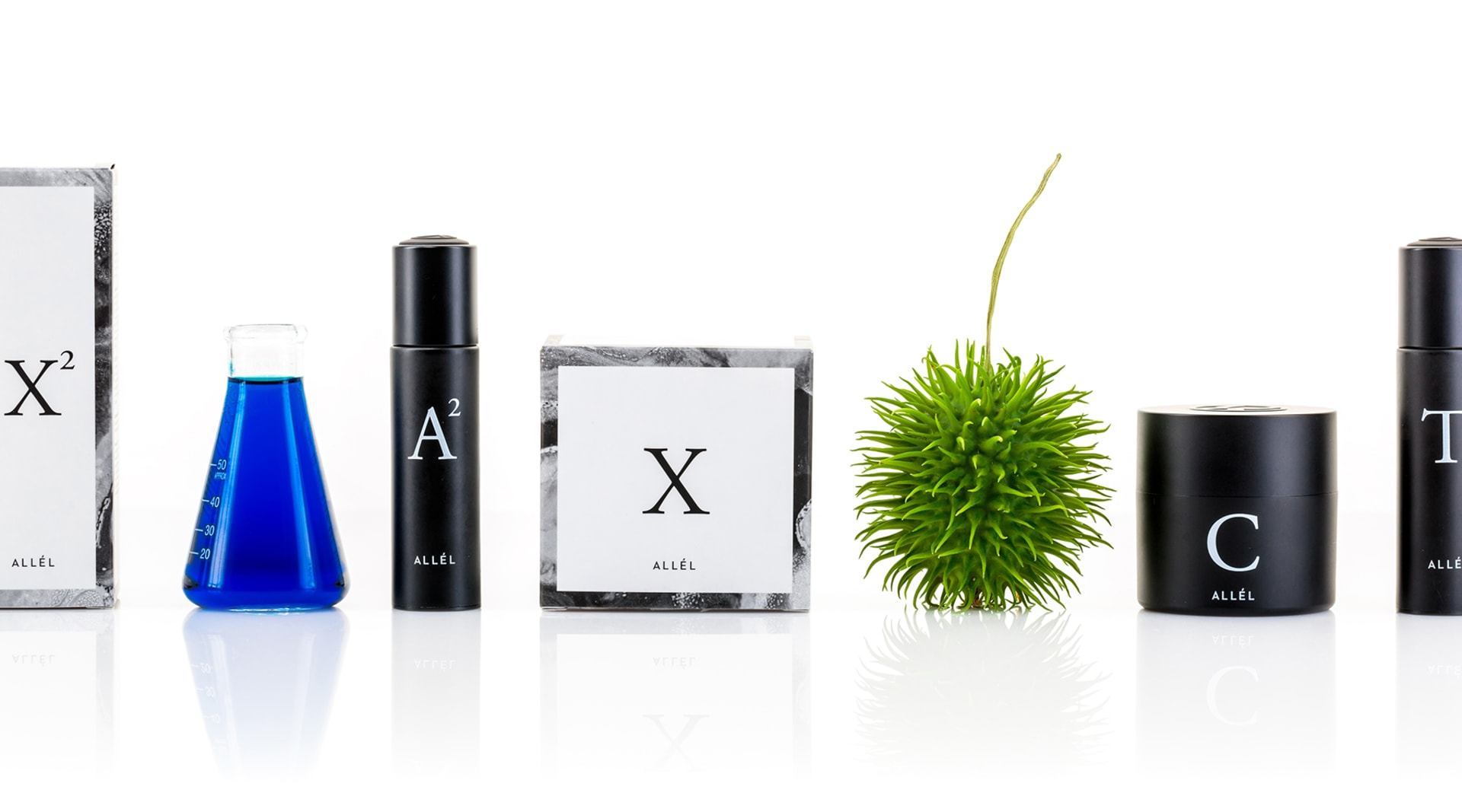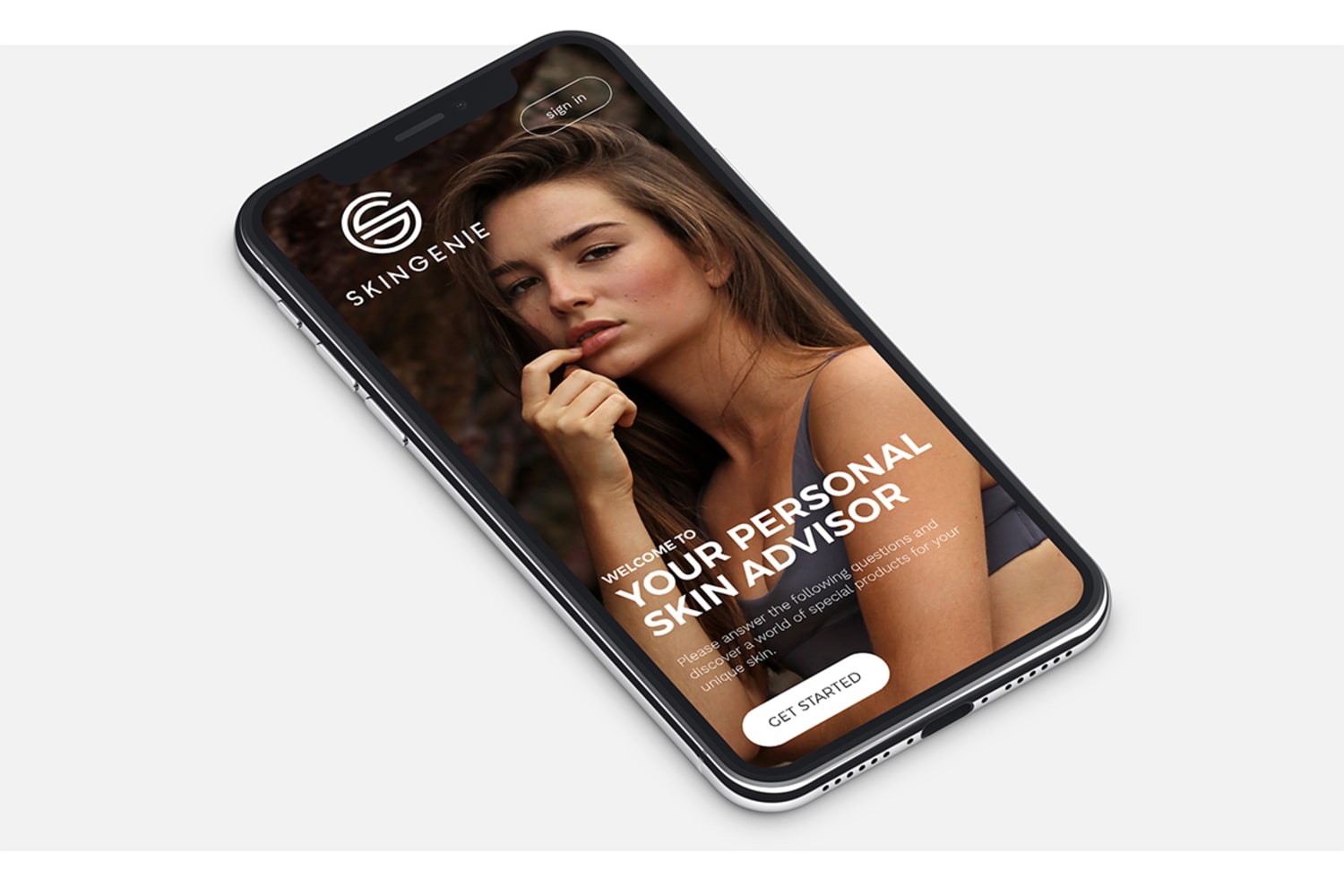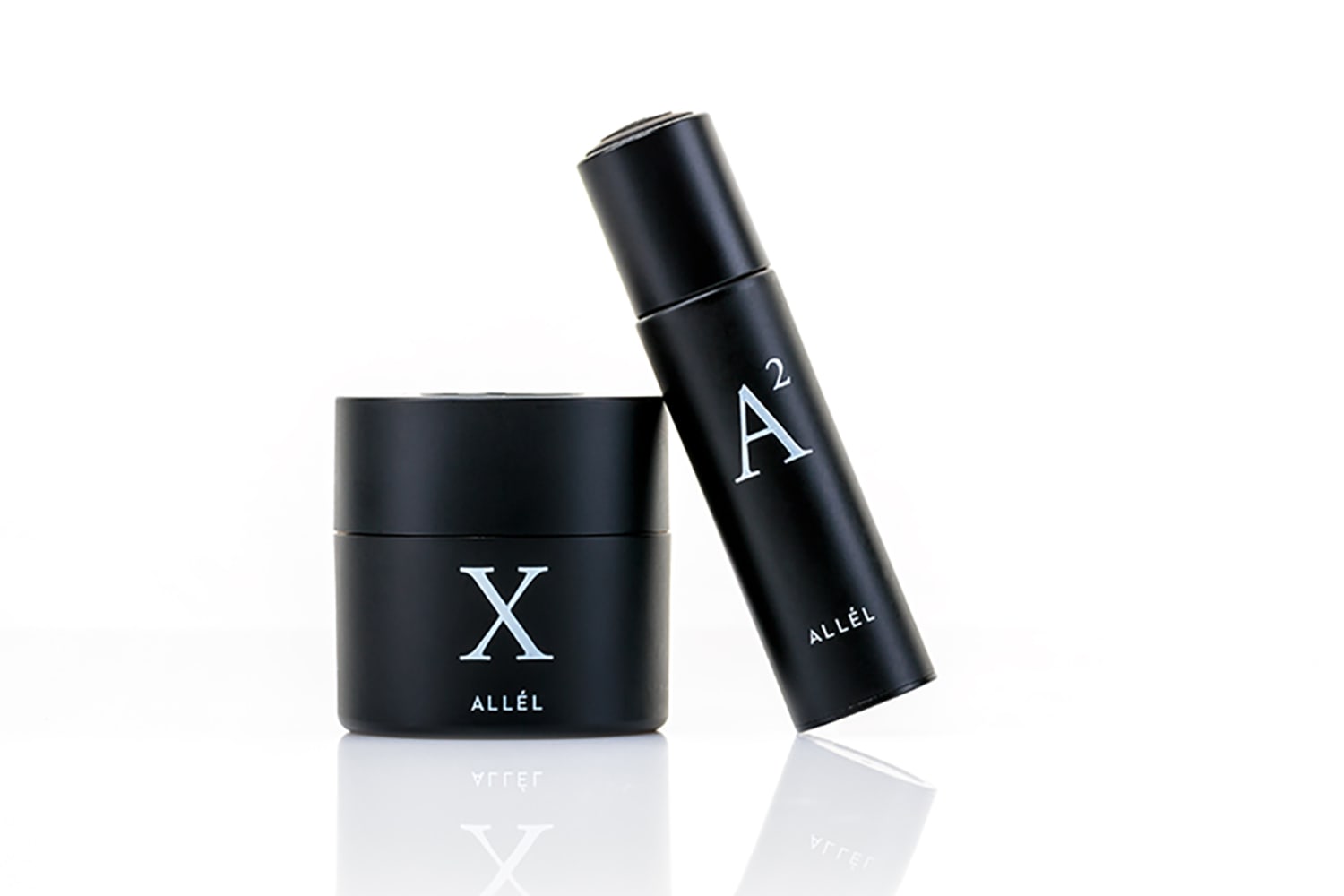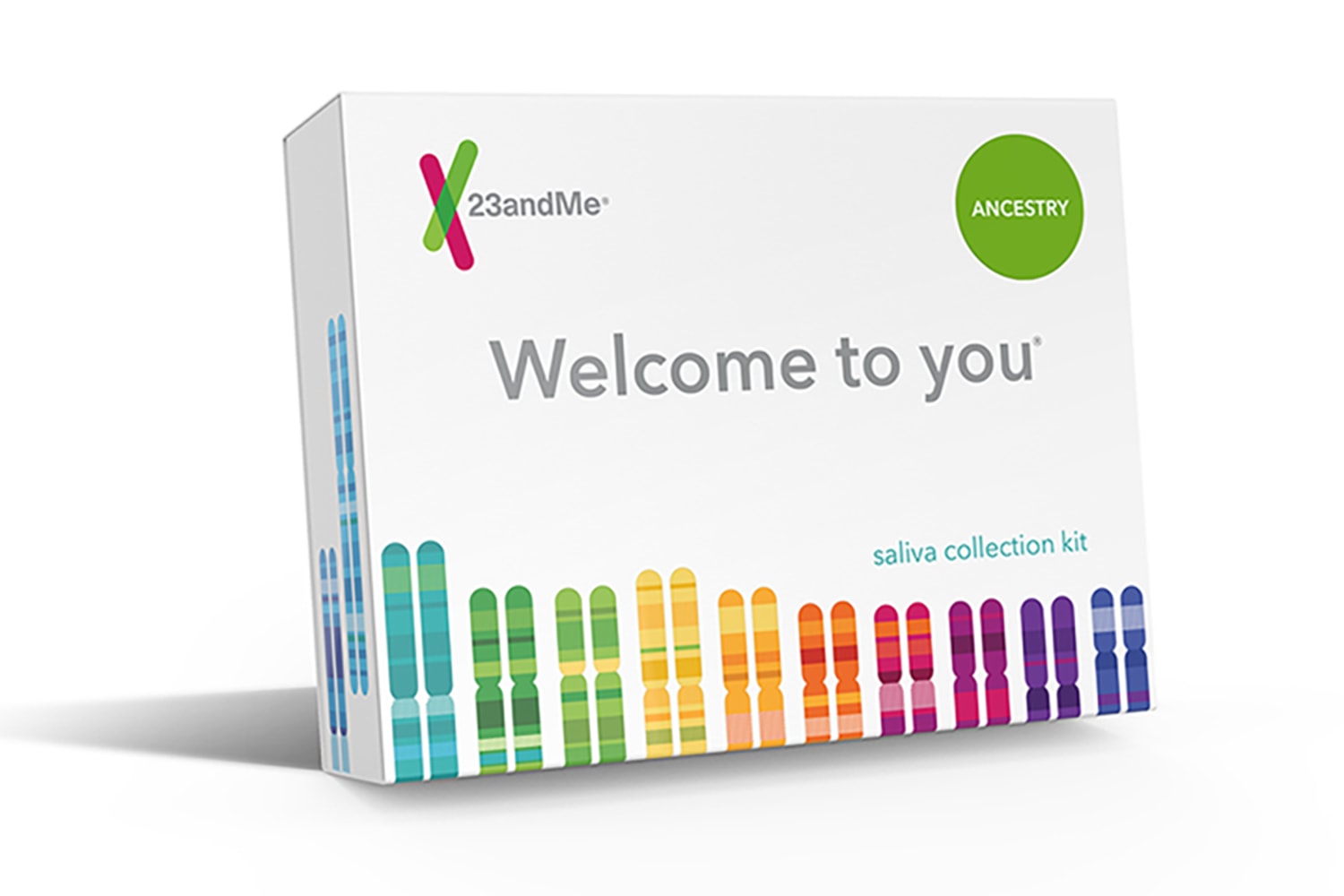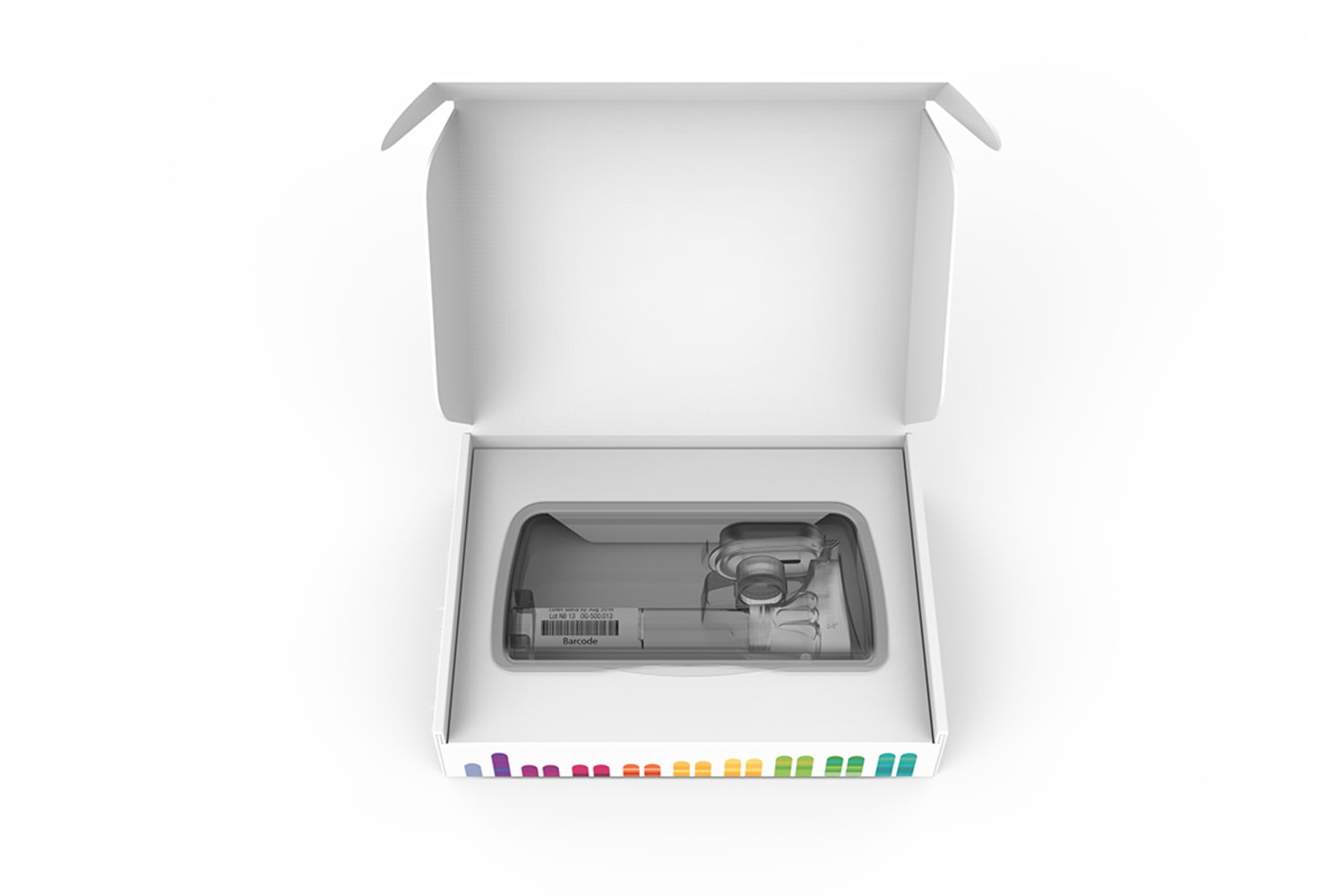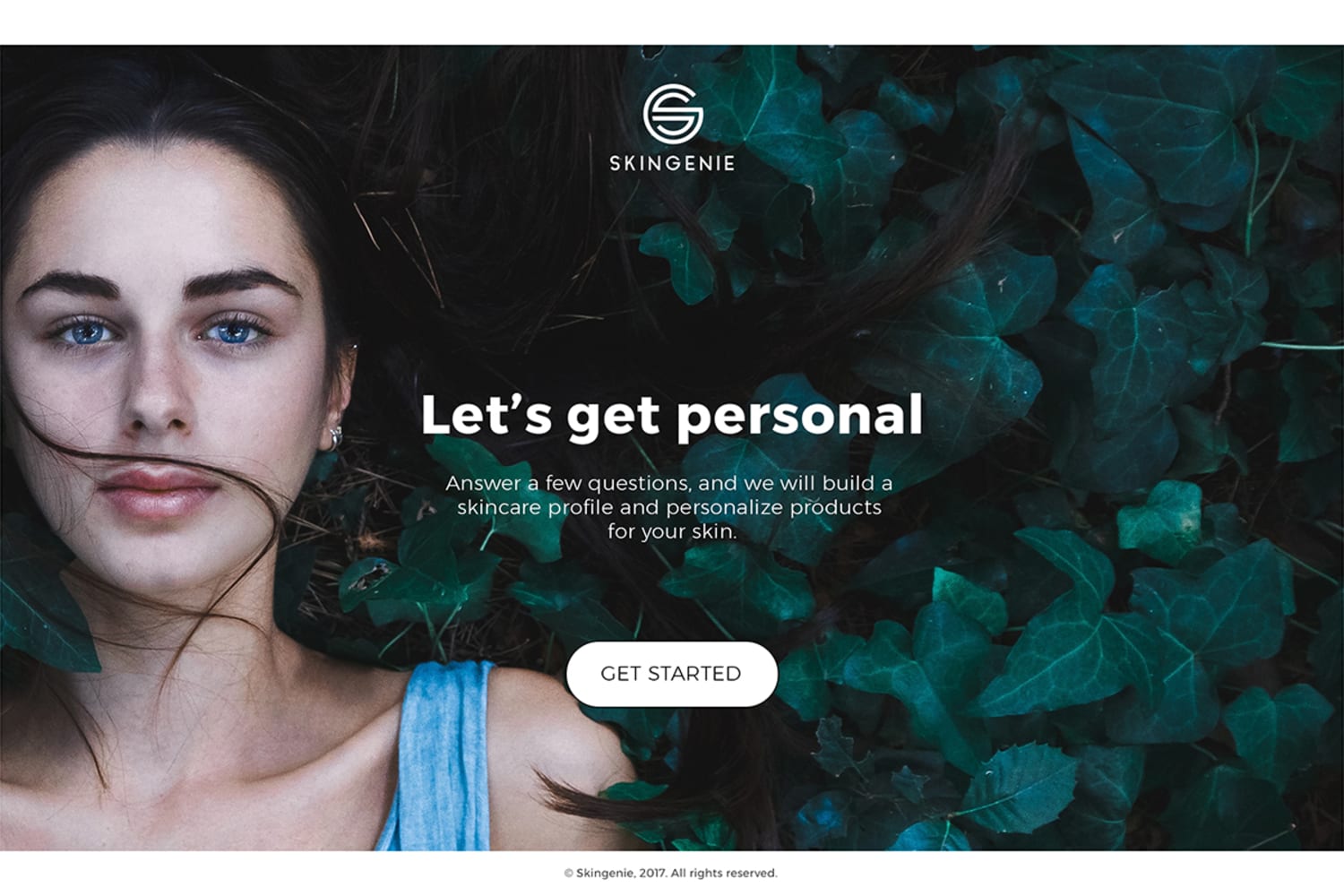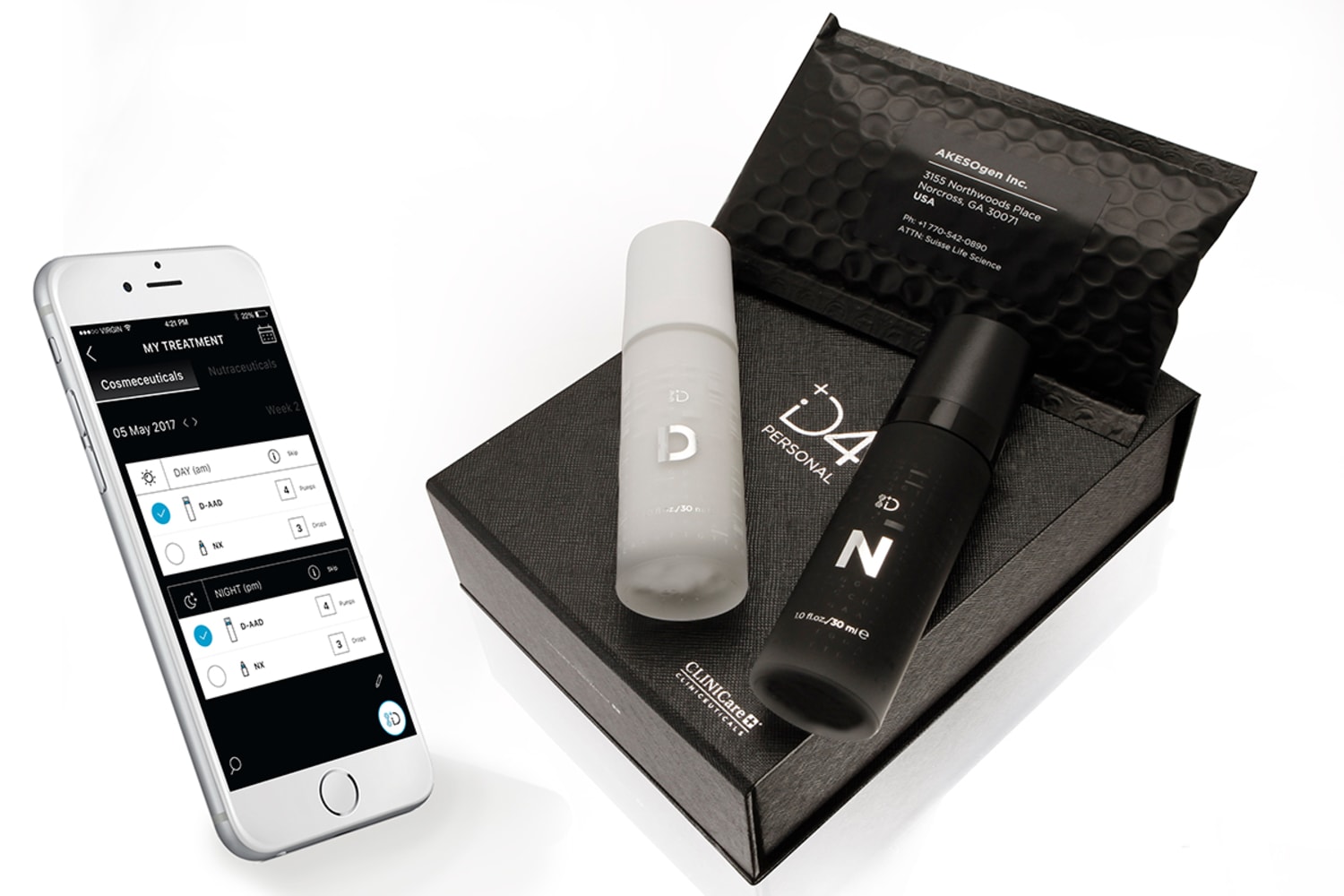In a world that increasingly demands personalization from brands, DNA profiling is proving a handy tool. For some years, health and wellness startups have claimed they can mine data from a customer’s DNA to provide unique recommendations tailored to that individual. Genetic testing is now being applied to everything from medicine to fitness to food and nutrition, and of course, the current obsession with skincare.
A new wave of skincare-focused tech startups is taking a multi-pronged approach to individualization. This means combining advanced DNA analysis with 3D imaging and artificial intelligence to create, in the words of Sindhya Valloppillil, some of the most “hyper-customized, made-to-order, bespoke” products yet. Valloppillil, the cofounder and CEO of skincare tech startup SkinGenie, is describing her company’s latest project, Kode, a beauty brand that customizes skincare products according to data from each customer’s DNA. Kode has not been released to the market yet, but when it is, Valloppillil claims, SkinGenie will be the first company to offer a made-to-order DNA-based skincare option.
